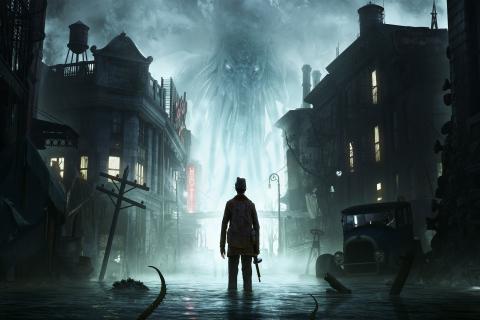In recent years, few video games have captured mainstream attention quite like Fortnite. This online multiplayer phenomenon has taken the gaming world by storm, captivating players of all ages and establishing itself as a cultural force to be reckoned with.
Fortnite’s rise to prominence has been nothing short of extraordinary. With its unique blend of fast-paced gameplay, vibrant graphics, and strategic elements, the game quickly became a favorite among gamers worldwide. The introduction of the Battle Royale mode in 2017 further propelled its popularity, attracting a massive player base and creating a community of dedicated fans.
One of the key factors behind Fortnite’s cultural impact is its cross-platform availability. Unlike many other video games, Fortnite can be played on a wide range of devices, including consoles, PCs, and even mobile phones. This accessibility has contributed to its widespread popularity and has allowed players to connect and compete with friends regardless of their preferred gaming platforms.
However, with great success often comes inevitable challenges. As Fortnite’s popularity soared, concerns regarding its addictive nature and impact on players’ mental health began to surface. Many experts raised alarms about the game’s potential negative effects on young players, leading parents and guardians to monitor their children’s gaming habits more closely.
As the game’s cultural impact evolved, so did the public’s perception of Fortnite. While it once dominated headlines and captured the attention of mainstream media, the game’s popularity has shown signs of decline in recent times. Competitors emerged, offering similar gameplay experiences, and players started to explore new gaming options.
Nevertheless, Fortnite’s impact on popular culture cannot be denied. It has influenced fashion trends, dance crazes, and even served as a virtual gathering place for events like concerts and movie premieres. The game’s ability to create a shared experience among players transcended the boundaries of traditional gaming and cemented its place in pop culture history.
In conclusion, Fortnite’s rise and fall represents a cultural phenomenon that has resonated with gamers across the globe. Its influence on popular culture, addictive gameplay, and widespread accessibility have left an indelible mark in the gaming industry. Although its popularity may have waned, Fortnite’s impact will continue to be analyzed and remembered for years to come.

